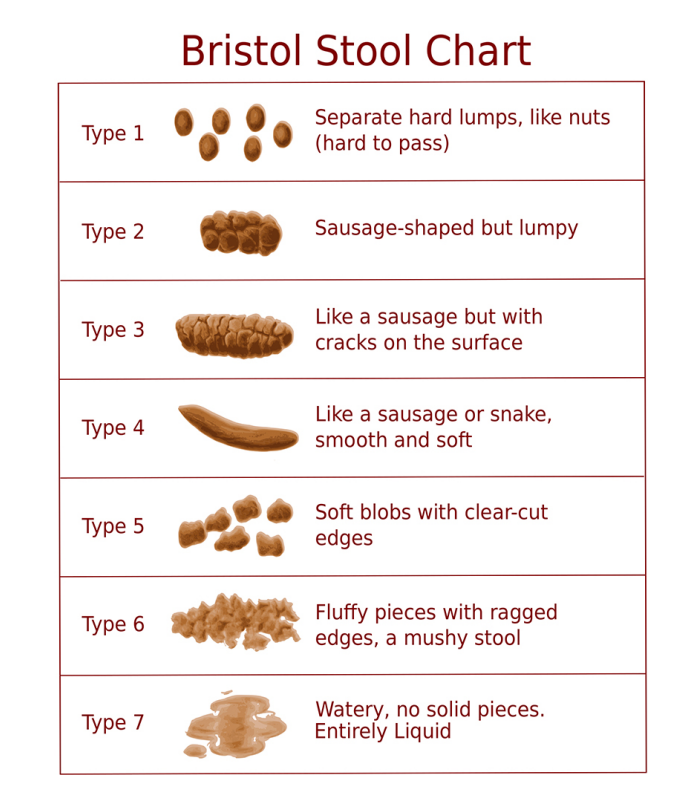
Constipation
Constipation refers to the infrequent, difficult, or painful passage of stool. It is a common condition that affects everyone at some point, but it can be particularly prevalent and severe in individuals with intellectual and developmental disabilities due to a number of factors.
Why Is This Important for People with IDD?
Constipation affects a high percentage of individuals with intellectual and developmental disabilities. Common factors for IDD individuals that increase the risk include dehydration, poor diet, poor muscle function/tone, nerve damage, inactivity, immobility, use of certain medications, including pain medications or iron/calcium supplements, and diagnoses such as cystic fibrosis, CP, or muscular dystrophy. Constipation can lead to serious health complications, such as bowel blockages or intestinal perforation, which is dangerous and requires immediate medical attention.
PREVENTION
- Encourage a balanced diet: Ensure a diet rich in fiber to support digestive movement. Too much dairy or red meat may exacerbate constipation.
- Try probiotics: Some probiotics (found in yogurts) can help alleviate constipation.
- Watch sodium intake: Excess salt can dehydrate the stool by drawing water into the intestines, which may worsen constipation.
- Increase fluid intake: Proper hydration is key, as drinking water helps prevent dry stools. Aim for a glass of water with each meal.
- Avoid alcohol: Alcohol can dehydrate the body, contributing to constipation.
- Integrate physical activity: Regular movement promotes healthy digestion and reduces the chances of stool getting stuck in the intestines.
- Bowel movement tracking: For individuals with a history or risk factors for constipation, tracking bowel movements can help identify early signs of constipation.
- Establish a routine: Developing a consistent toilet schedule can improve bowel health.
- Listen to your body: Respond promptly when you feel the urge to use the restroom. Postponing can worsen constipation.
- Positioning: Proper pelvic alignment is crucial for effective bowel evacuation. Tools like the Squatty Potty may help with this.

Helpful to Know
- Common Signs and Symptoms of Constipation: infrequent bowel movements, difficulty passing stools, abdominal discomfort or bloating, straining during bowel movements, hard or lumpy stools, and a feeling of incomplete evacuation.
- Bristol Stool Chart: Chart
- Bowel Movement Tracker: Example
- OPWDD: Health and Safety Alert: Bowel Management
- Increase Fiber Intake: 31 High-Fiber Foods You Should Be Eating
Last reviewed June 2025.